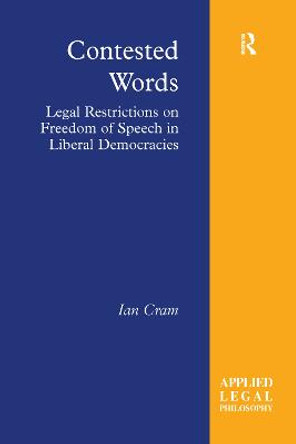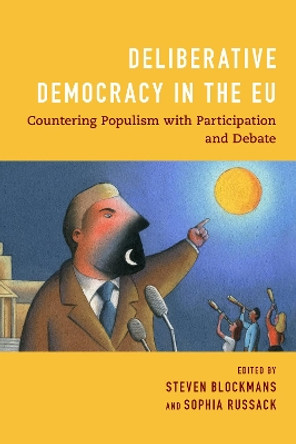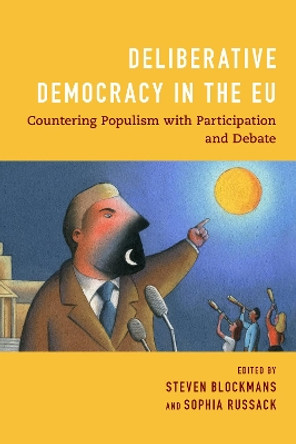Description
Freedom of speech is a basic right in a democracy. During war, however, national legislatures tend to enact laws that restrict this basic right. Under what circumstances can such laws be democratically legitimate?
Avichai Levit argues that the degree of democratic legitimacy of laws that restrict freedom of speech during war depends on the extent of legislature deliberation on such laws. The more law makers in both chambers of the legislature seriously consider information and arguments, reason on the common good and seek to persuade and decide the best legislative outcome, in committees and on the floor, the more democratic legitimacy can be associated with such laws. This book fills a gap in the scholarly literature regarding the evaluation of the democratic legitimacy of laws that restrict freedom of speech during war, by bridging different theoretical perceptions and presenting an alternative normative account of deliberative democracy which focuses on the deliberations of a national legislature. Using the United States as a case study, Levit delves into the details of Congressional deliberation during World War I, World War II and the Cold War, as well as the political histories that brought about such laws.
Legislative Deliberative Democracy will be of interest to academics and students alike in the fields of political theory, American politics and political history.
About the Author
Avichai Levit is a civil service professional and former diplomat. He is currently Deputy Department Director for Audit of the Ministry of Defense at Israel's State Comptroller's Office, directing oversight activities of the national security sector. He is a visiting lecturer at Tel Aviv University's School of Political Science, Government and International Affairs.
Reviews
"Levit's important book proposes that legislative restrictions on speech enacted during times of emergency is more likely to be democratically legitimate if the legislature has deliberated fully and well. Where Levit advances the argument is by developing a multi-faceted model we can use to determine if that sort of deliberation has occurred in specific cases. One of the book's strengths is its close historical inquiry in several case studies to illuminate how his model of legislative deliberation works in practice. In so doing, Levit furthers our understanding of both the meaning and the possibilities of deliberative democracy."
John E. Finn, Professor of Government Emeritus, Wesleyan University
"This book has significant implications for recent developments in democratic theory as applied to the momentous decisions of wartime. As attention turns from deliberative democracy, the careful, informed consideration of alternatives by mass publics to democratic deliberation, most likely to occur within democratically authorized institutions, Levit's case studies initiate the development of the much-needed relevant norms."
Daniel DiLeo, Penn State Altoona
"What makes laws legitimate? Levit shows us legitimation in practice, examining how Congress restricted freedom of speech during modern crises. We learn how democracies deliberate to realize the common good while preserving fundamental rights, even in dark times."
Michael Kochin, School of Political Science, Government and International Affairs, Tel Aviv University
Book Information
ISBN 9780367607982
Author Avichai Levit
Format Paperback
Page Count 244
Imprint Routledge
Publisher Taylor & Francis Ltd
Weight(grams) 453g








